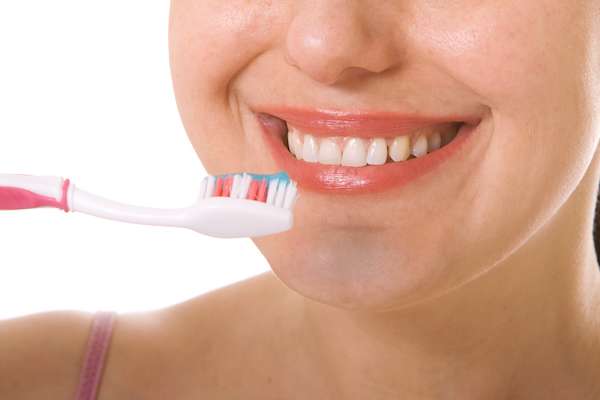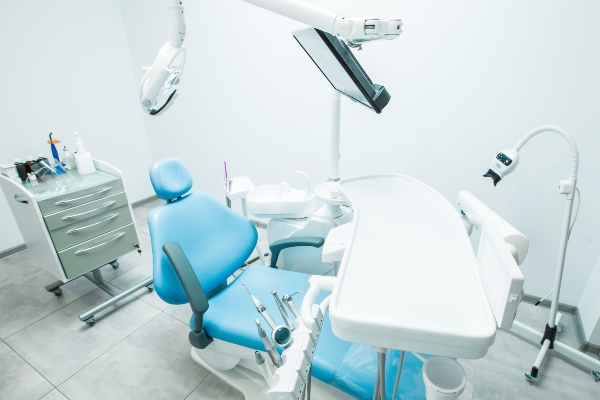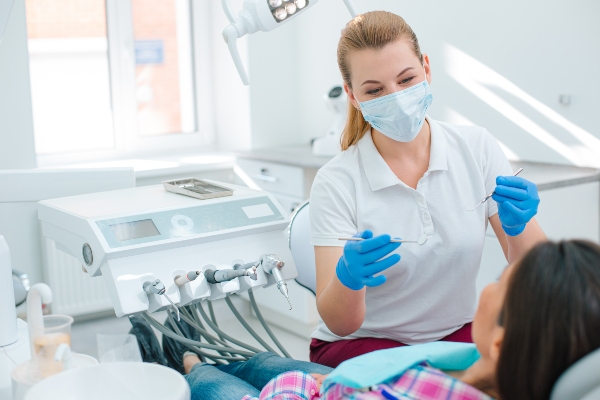 Practicing good oral hygiene basics is the best line of defense against cavities, abscesses and other problems that can plague a person’s mouth. A visit to the dentist can show someone where changes need to be made and help direct improvements in cleaning habits. The following information can more fully explain what needs to happen and why it is so important.
Practicing good oral hygiene basics is the best line of defense against cavities, abscesses and other problems that can plague a person’s mouth. A visit to the dentist can show someone where changes need to be made and help direct improvements in cleaning habits. The following information can more fully explain what needs to happen and why it is so important.
Why are good oral hygiene routines so important?
Allowing debris, acids and other dirt to stay on teeth, especially overnight, allows those bacteria-causing compounds to form tartar and plaque. These things can cause bad breath, minor or more serious cavities and even abscesses. Canker sores can form and receding gums — gingivitis — can be caused by neglecting a regular routine. In addition to the problems it can cause for your mouth, oral bacteria can contribute to heart disease, diabetes, dementia and a host of other general health issues.
What basics need to be done regularly?
When a regular routine of good oral hygiene basics is observed, it can become second nature and need not take a long time. As they say, “You only need to take care of the teeth you intend to keep.” That light-hearted saying holds a lot of truth. The following things should be done daily:
- Brush teeth in a circular motion, front and back, with a soft bristle brush
- Choose a good fluoride toothpaste to help clean and nourish tooth enamel
- The tongue should also be very gently brushed in order to remove bacteria that can cause odor
- Floss well between every tooth with a waxed floss to remove food particles and plaque
- Mouthwash may seem optional, but it can neutralize the acids in the mouth and rinse away any remaining particles
Are there additional ways to prevent damage and cavities?
In addition to conscientiously observing good oral habits, there are other steps that can be taken. People should avoid crunching on hard candies and suckers, things like peanut brittle or toffee and even ice cubes, as these things can crack or break otherwise healthy teeth. Sticky and chewy foods like stiff caramel can loosen fillings, allowing bacteria inside the tooth. Acidic foods and sodas should be followed with a rinsing of the mouth. Care should also be taken to avoid biting non-food items such as paper clips or pencils.
Is visiting a dentist important even if teeth are kept clean?
In the absence of obvious dental problems, it is still a good idea to visit a dentist twice a year for routine checkups. A full panel X-ray can provide clear images of things going on in the roots of the teeth. Since it is possible to have a tooth go bad for reasons other than hygiene and maintenance, such as genetics and heredity, it becomes very important to check. Regular cleaning by a dental technician can help prevent issues, especially just below the gum line, and whitening can help teeth look more attractive.
Check out what others are saying about our dental services on Yelp: Oral Hygiene Basics in Everett, MA.
Conclusion
Oral health is not to be neglected and can make the difference when it comes to overall health. Thorough attention to oral hygiene basics can help ensure a healthier and more confident smile.
Request an appointment or call GK Dental PC at 617-826-6075 for an appointment in our Everett office.
Recent Posts
Tooth decay is something that everyone has to deal with at one point or another in life. It is the act of the teeth literally deteriorating as a result of cavities. Tooth decay can be difficult to prevent, but having an understanding of what makes someone more susceptible to it can be helpful. Continue reading…
Avoiding cavities, also commonly known as tooth decay, is one of the more important things someone can do to ensure their overall good oral health. When someone is diagnosed with a cavity, it means that they have permanently damaged the tooth. In order for them to have their tooth fixed, they will need to make…
Your toothbrush is your first line of defense against cavities and tooth decay because it helps to remove the plaque in your mouth and maintain strong and healthy teeth. However, most people do not properly take care of their toothbrushes, which can leave your teeth and mouth vulnerable to diseases.If you want to learn how…


